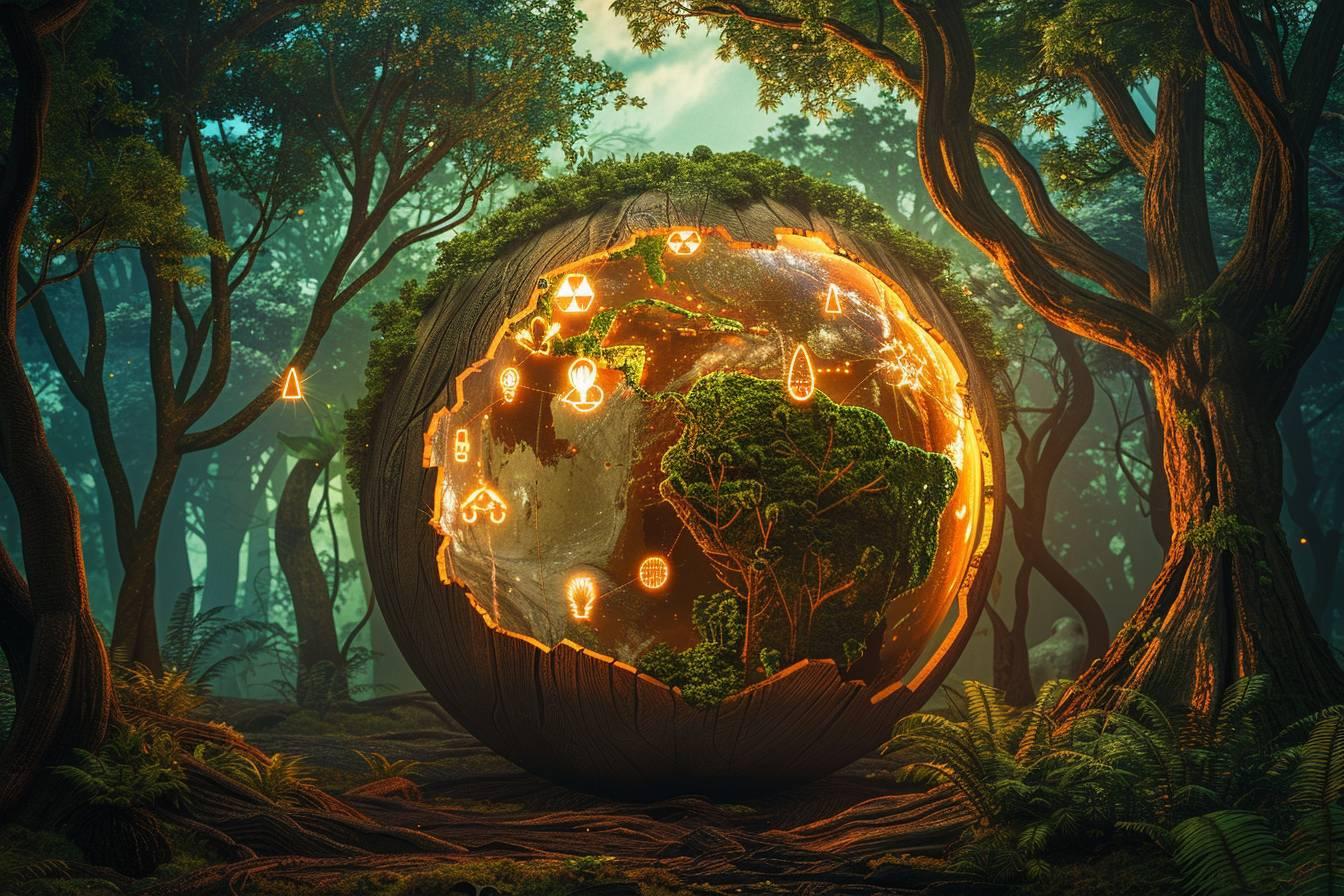Travel Trends 2025: Ecological Commitment, Digital Disconnection, and Night Tourism
Travel is redefining itself through the integration of *ecology* into every route choice. The *climate emergency* imposes unprecedented expectations on travelers, who wish to structure their vacations around sustainable practices. The need to *disconnect* from technology is skyrocketing, favoring stays where immersion and serenity prevail. At the same time, night tourism is emerging as a popular alternative, inviting contemplation of starry skies while discovering unique experiences. Travelers are rethinking how they escape, emphasizing the impact they leave behind. This new paradigm is inevitably transforming the travel industry, pushing every actor to adapt.
Overview
Growing ecological commitment of travelers in 2025.
Sustainability at the heart of accommodation and transport choices.
Digital disconnection for a better travel experience.
24% of travelers unsubscribe from social media during their vacations.
Night tourism on the rise, attracting those seeking adventure after dark.
Search for destinations with starry skies and nighttime experiences.
61% of travelers prefer to visit tourist sites at night.
Advantages of nighttime visits: fewer crowds and a unique atmosphere.
Ecological Commitment and Sustainable Tourism #
Travel trends in 2025 illustrate a growing commitment to environmental considerations. A survey conducted by the World Travel & Tourism Council reveals that 75% of global travelers wish to adopt more sustainable practices during their travels. This interest in responsible tourism amplifies the search for environmentally friendly destinations, as well as eco-friendly accommodation options.
Booking.com, a major player in the tourism field, has recently introduced labels for certified sustainable accommodations. This initiative responds to an increased demand for sustainable travel, with a forecast of significant market evolution towards eco-responsible initiatives. Travelers, increasingly aware of their carbon footprint, prioritize solutions such as zero-waste initiatives.
À lire Travel alert for American citizens due to threats of mass shootings in Honduras
Digital Disconnection in Travel #
The phenomenon of digital disconnection is intensifying, encouraging travelers to turn off their connected devices to focus on the present experience. A study conducted by Hilton reveals that about 24% of respondents prefer to cut off from social media during their vacations. This trend adds to a desire to reconnect with the authenticity and simplicity of travel.
The desire to fully experience each moment encourages many individuals to set aside their screens. The absence of digital distractions fosters authentic sharing moments with those around them, thus renewing the sense of travel. This need for disconnection aligns with a quest for mental and emotional well-being, essential in a hyper-connected world.
Night Tourism: An Enriching Experience #
Night tourism, often referred to as “*noctourism*,” is experiencing growing popularity. Many travelers seek destinations known for their starry skies, away from light pollution. A study by Booking.com indicates that 60% of participants are considering trips to places where artificial light is minimal to admire the celestial dome.
During the day, long lines and crowds often overwhelm attractions, making visits less enjoyable. In contrast, traveling after sunset allows for discovering landscapes and attractions from a new perspective. In response to this trend, various tourist sites are extending their opening hours, offering unique nighttime experiences, such as stargazing walks and night markets.
A Change in Mindset Regarding Travel Priorities #
Travelers aspire to experiences that go beyond mere tourist escapades. An increasing number of individuals are interested in immersive travel to authentically explore local culture. In this context, slow tourism and stays focused on human encounters are increasingly invited into the envisioned experiences.
Immersive stays promote an approach that combines respect for the environment and cultural sharing. This evolves traditional tourist dynamics toward more respectful and engaged practices. Today’s travelers want to make a positive contribution while enjoying their getaways.
The Challenges and Issues of Modern Tourism #
The tourism sector must face significant challenges in terms of adaptability. Concerns about overtourism and environmental impacts require deep reflection on the strategies to adopt. Industry players are called upon to limit the harmful consequences on ecosystems and local communities.
Providing sustainable alternatives and encouraging destinations to adopt effective ecological practices is a crucial challenge. Awareness initiatives are necessary to educate travelers on the importance of their environmental impact. Simultaneously, developing regulations that promote sustainable travel is essential to frame this evolution.
À lire Discover which city is the happiest in the world, far from the clichés of Paris and Helsinki


